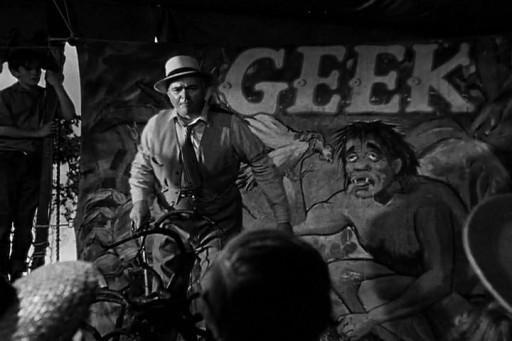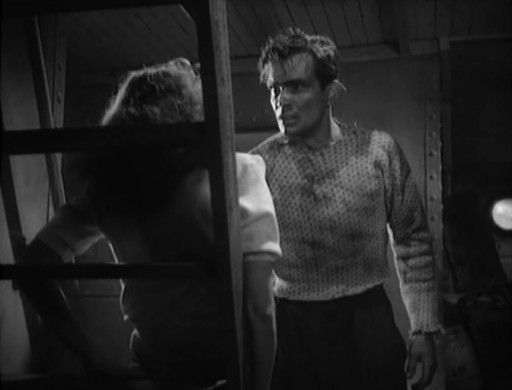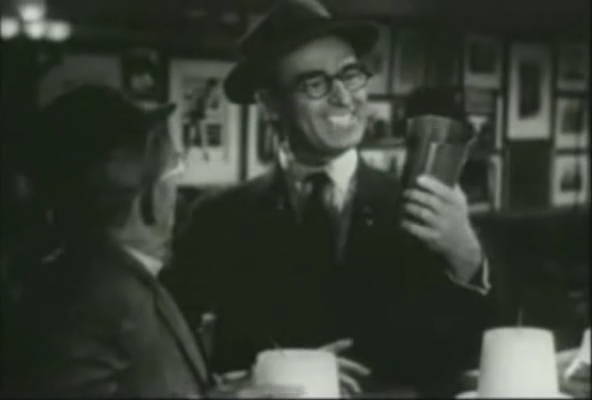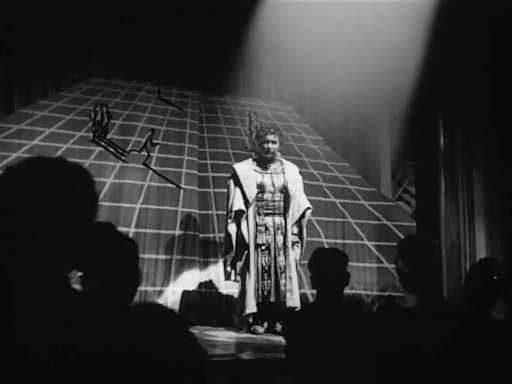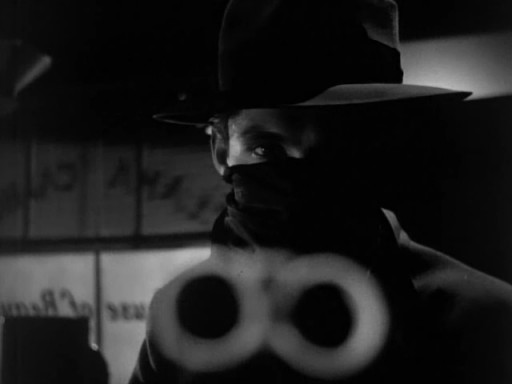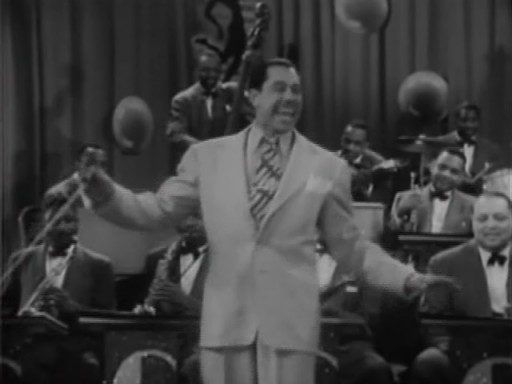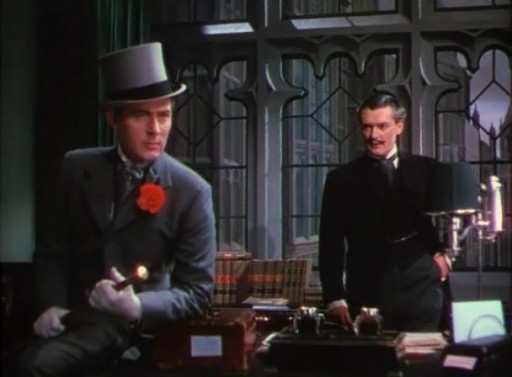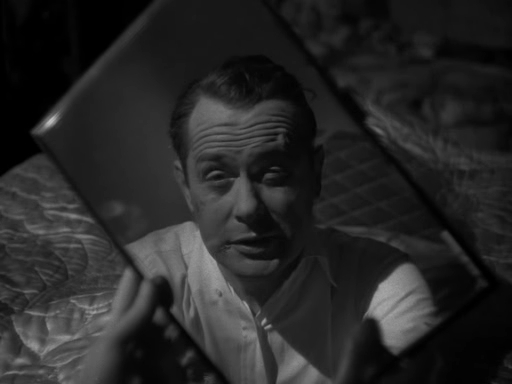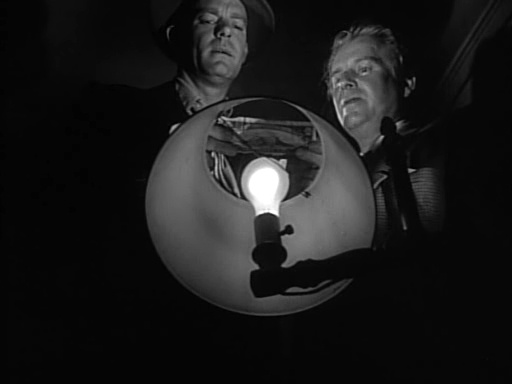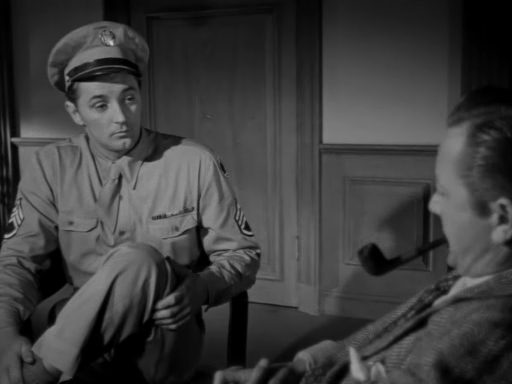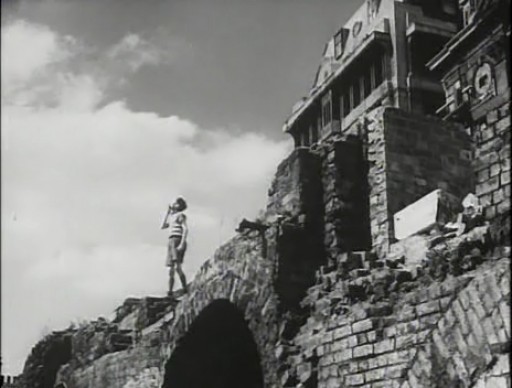One Wonderful Sunday (1947, Japan, Kurosawa) – A young couple tries to find a place to live, but they have no money, and are too proud to bend the rules. They feel like they’re the last honest people in Japan. Watched it all. This is a really bleak movie, but what separates it from many bleak movies is that these people actually have a lot to be depressed about. No phony existential dread like in the Bergman movie earlier.
Dear Ruth (1947, USA, Russell) – Look at that eager young girl who’s interested in politics and believes in equal rights for women. She’s so stupid! Ha ha! Watched: 6 minutes.
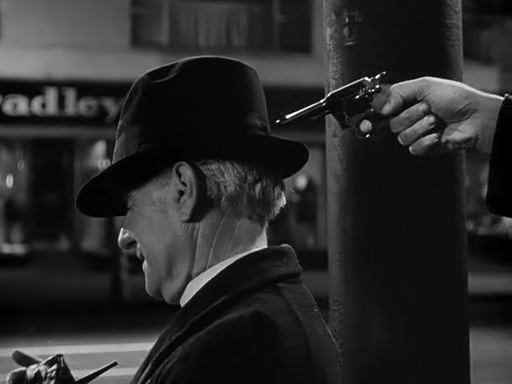
Boomerang (1947, USA, Kazan) – A priest is murdered on Main Street, and the city goes mad. Won’t somebody please just arrest someone wearing vaguely similar clothes, and torture him until he confesses, so we can all put this behind us?! Watched it all.
Song of Love (1947, USA, Brown) – “In this story of Clara and Robert Schumann, of Johannes Brahms and Franz Liszt, certain necessary liberties have been taken with incident and chronology.” Oh dear God no! Watched: 2 minutes.
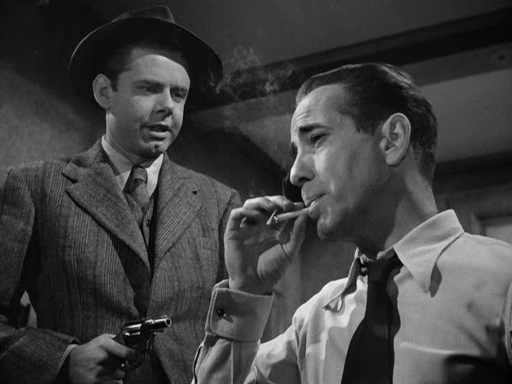
Dark Passage (1947, USA, Daves) – The citizens of San Francisco are inexplicably eager to help escaped convict Humphrey Bogart avoid the police. They direct him straight to the nearest plastic surgeon, who change his face so that he looks like Humphrey Bogart. Watched it all. Another 1947 use of the first-person gimmick.
Fear in the Night (1947, USA, Shane) – This is crap, but – wait, the crazed killer is DeForest Kelley? OMG! Watched: 7 minutes.

